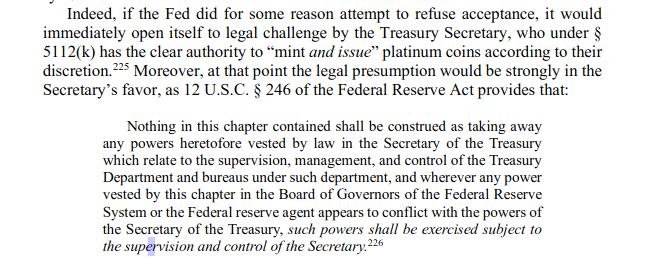
@conorsen Plenty of MMTers, including myself, have proposed a) voluntary/mandatory savings programs, b) auto-fiscal stabilizers, c) direct credit regulation (as an alternative form of monetary policy to interest rate hikes). Why are those not sufficient? Believing inflationary risk is real
@conorsen does not require believing traditional approaches to managing inflation risk are good/appropriate.
@conorsen Here's us articulating back in 2019 a range of tools that could/should have been included this past year but weren't, not because MMT had nothing to say but because the Biden admin is not following MMT prescriptions.
rohangrey.net/files/inflatio…



rohangrey.net/files/inflatio…




@conorsen And here's what we actually say about taxes as a demand-management tool - again, not running away from its importance but clarifying how to do it properly (which again, Biden admin/Congress wasn't interested in over the past year, b/c they aren't "doing MMT"): 



@conorsen And finally, here's us in 2019 quoting Stephanie from *2013* recommending an independent fiscal agency to adjust in live-time, again a proposal not considered in the past year because contra orthodox wisdom, MMTers are not in the drivers seat in Biden admin 



@conorsen There are ppl w a vested interest in proclaiming MMT a failure who are gleeful about inflation we have now, but reality is that a) Biden admin abandoned sound finance for its spending thanks in part to MMT's influence but b) did not adopt a MMT inflation-management framework.
@conorsen The correct response to that is not 'see, MMT is a failure!' and to lament the abandonment of terrible sound finance principles (as many are doing), but to do properly what we've been advocating for.
• • •
Missing some Tweet in this thread? You can try to
force a refresh







